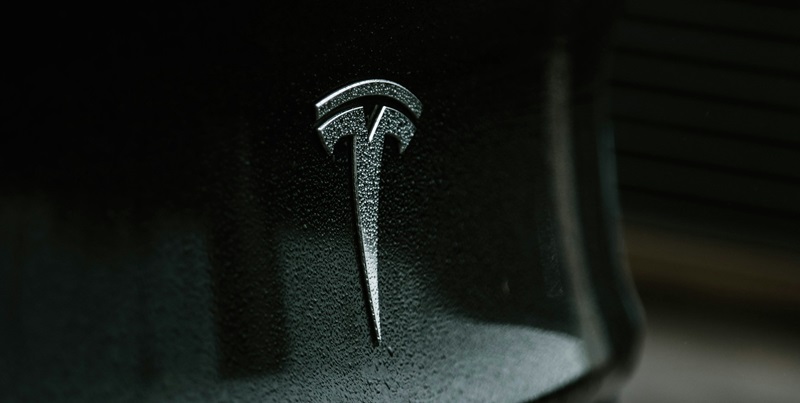A high-profile legal case between Tesla and an ex-employee highlights the tension between individual worker rights and corporate protection measures. The worker, who was an elevator operator at Tesla’s Fremont, California plant, claimed racial discrimination reminiscent of the Jim Crow era. The jury initially sided with the plaintiff in 2021, granting over $130 million in damages, signaling the gravity of the accusations. This substantial award was seen as a stance against workplace discrimination. However, in 2022, a federal judge reduced the award to about $15 million, illustrating the judiciary’s role in adjusting jury awards. This reduction in the payout showcases the complexities and checks within the judicial process, balancing the proceedings in prolonged legal battles. Despite the decrease, the verdict remains a significant statement on employee rights and corporate responsibilities.
Further Trials and Constant Legal Tussle
Despite Tesla’s efforts for a retrial, the legal verdict remained unchanged. A second jury upheld the initial decision, again siding with the plaintiff and ordering Tesla to pay over $3 million in compensation. This verdict reiterates the claims of racial hostility within Tesla’s Fremont plant. The fact that two separate juries reached the same conclusion signals a strong consensus on the workplace issues at Tesla. It’s a clear message to the company: significant changes in their workplace environment are necessary. Tesla’s repeated encounters with the justice system highlight a problem that cannot be ignored. Both trials reveal the employees’ consistent experiences of racial discrimination, indicating systemic issues that Tesla must urgently address. The legal outcomes emphasize the need for Tesla to take a hard look at its policies and culture to prevent such incidents in the future.
Tesla’s Contested Workplace Environment
Repeated Allegations and Legal Challenges
Tesla’s Fremont factory is at the heart of legal disputes with significant allegations of workplace discrimination. The U.S. Equal Employment Opportunity Commission (EEOC) and the Department of Fair Employment and Housing (DFEH) are leading charges against the electric vehicle maker. These agencies shed light on purported systematic issues within Tesla’s operations. Nonetheless, Tesla stands firm in contesting these claims, specifically criticizing the DFEH’s lawsuit as ill-advised. The company emphasizes the strength and efficiency of its Employee Relations team, which is responsible for managing and resolving internal grievances. Tesla’s stance is one of confidence in its policies and practices, despite the serious nature of the legal challenges posed by these federal and state entities. The debate continues as to whether Tesla’s workplace culture meets the standards set by employment laws, with the company maintaining a posture of resilience amidst ongoing legal scrutiny.
Ongoing Litigation and Workplace Scrutiny
The pattern of lawsuits Tesla is confronting indicates a deeper issue with the company’s internal culture that needs significant improvement. Despite winning in court, the outcomes of these lawsuits shine a spotlight on ongoing concerns regarding workplace conditions. Although Tesla publicly denies tolerating discrimination, the recent settlement points to an acknowledgment of the issues raised by plaintiffs, underscoring the necessity for Tesla to heed the voice of its workers and instigate change. It’s crucial for Tesla to not only rhetorically but also practically demonstrate its dedication to a workplace free from discrimination. To this end, it must take concrete steps to reform and enhance its workplace policies, ensuring that its actions are in sync with its avowed commitment to diversity and inclusion. The continuous legal pressures aren’t just a legal matter but a call to action for Tesla to authentically address and rectify inequality and create a genuinely inclusive environment for all its employees.

